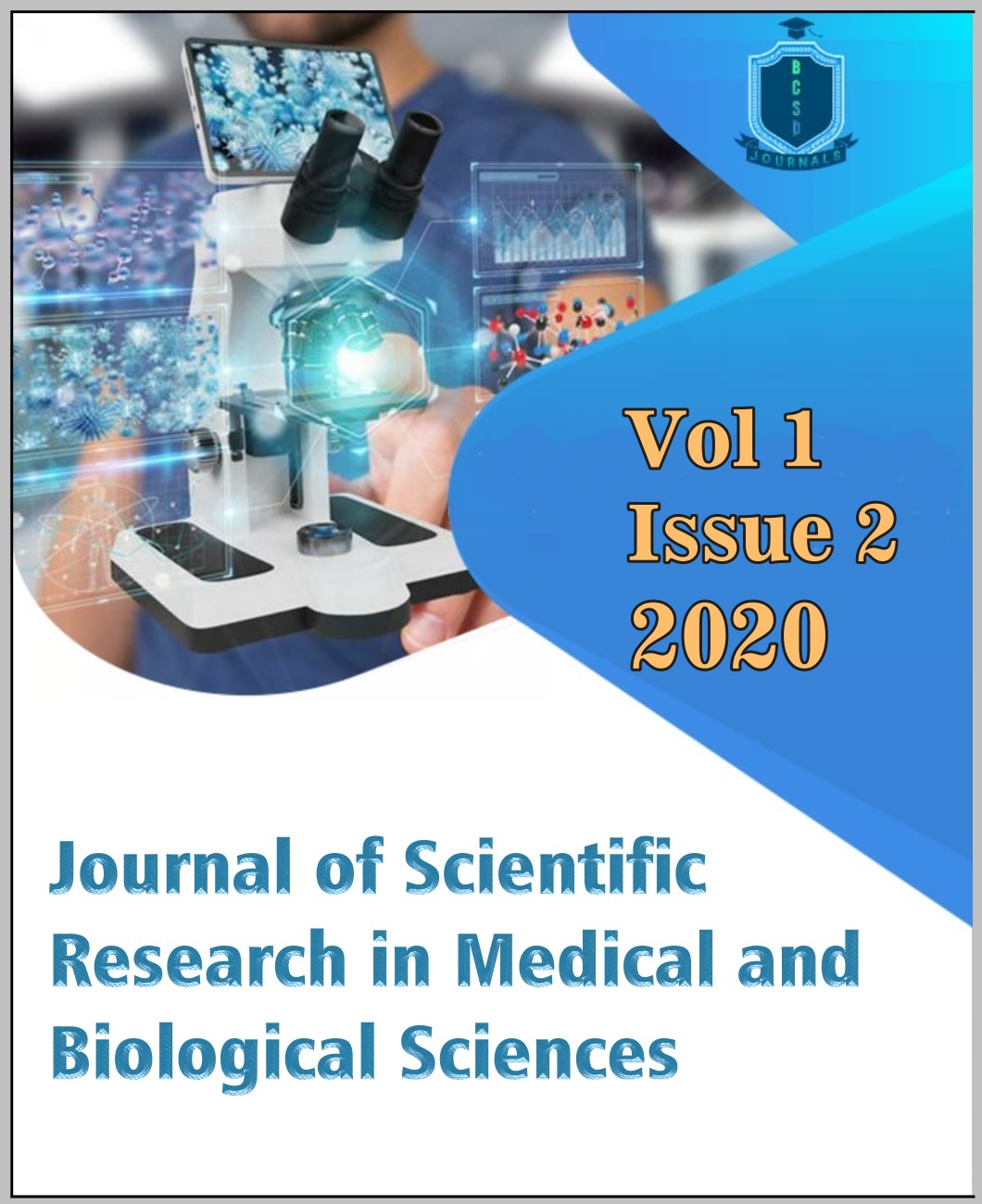
Journal of Scientific Research in Medical and Biological Sciences
Yazarlar: Konan Kouassi Serge-Olivier, Bleyere Mathieu , Yves Bénarèce Tra Dje Bi, Soualio Kamagate, Paul Angoué
Konular:-
DOI:10.47631/jsrmbs.v2i1.217
Anahtar Kelimeler:Dietary protein,Growth performance,Blood chemistry,Japanese quail,Côte d’Ivoire
Özet: Purpose: This article aims to evaluate the effect of dietary protein levels on growth performance and some blood biochemical composition of male Japanese quail. Study Design: Qualitative Descriptive Design. Subjects and Methods: Three hundred, three week old apparently healthy male Japanese quail were used in this experiment. The birds were randomly allocated into 5 groups with 3 replicates of 20 birds for 21 days of experimental period and placed in cages, measuring 100 cm (length) x100 cm (width) x 80 cm (height). Group A was fed on diet 1 containing 18% crude protein, Group B was fed on diet 2 containing 20% crude protein, Group C was fed on diet 3 containing 22% crude protein, Group D was fed on diet 4 containing 24% crude protein and Group E was fed on diet 5containing 26% crude protein. All groups were subjected to similar management practices. Results: The findings showed that growth performance parameters significantly improved as dietary crude protein level increased. However dietary protein level beyond 22% has no beneficial effect on growth. Biochemical examination results demonstrated that the crude protein level in diet was not significantly affected the blood glucose, cholesterol, bilirubin, calcium, phosphorus and liver enzyme activities (ASAT and ALT). However, we noticed a significant effect (P<0.05) about Total protein, Albumin, Urea, Triglycerides, Creatinine and Uric acid. Despite the variation of these parameters, they remain within the normal range. Conclusion: Therefore, it is concluded that dietary protein levels do not affect quail health. The crude protein requirement for Japanese quail from 21 to 42 days old is 22%.